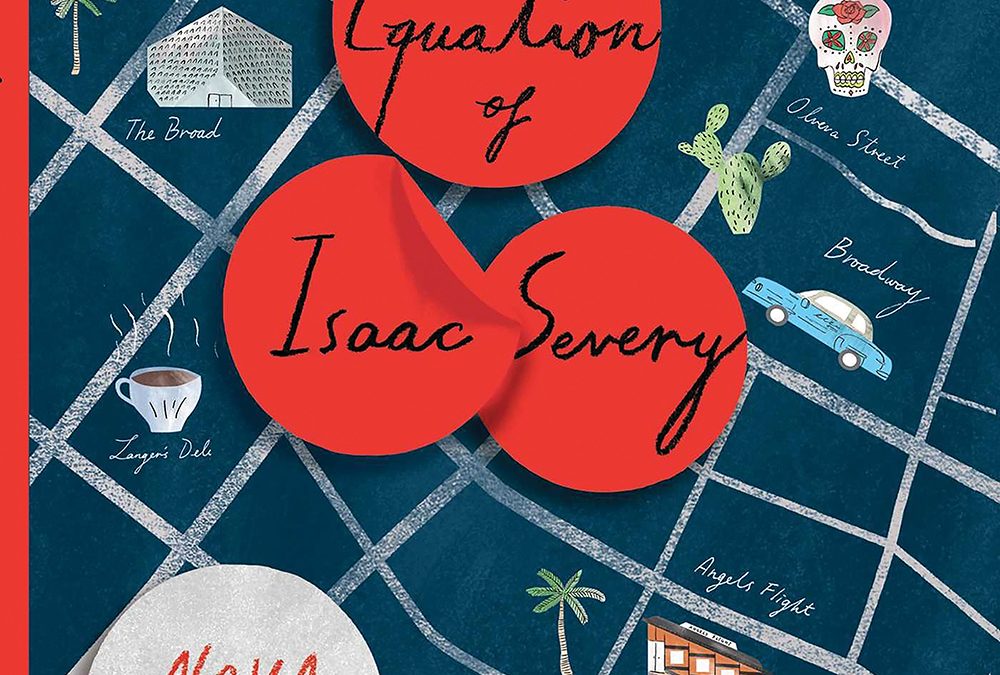By Nova Jacobs / Touchstone, March 2018
Intelligence is a tricky thing. Not enough, and functioning in the modern world can be a difficult thing; too much, the same problem. Being in the middle often feels like a horrible see-saw between wishing you knew more or wishing you knew much, much less. It’s this balancing act that’s at the heart of Nova Jacobs’ debut novel, The Last Equation of Isaac Severy. The book focuses on the Severy family, reeling after the apparent suicide of their patriarch, Isaac, a mathematician whose genius cast a large shadow on friends and family alike. The story’s main character, Hazel, is an adopted child of Isaac’s black-sheep son, Tom, which means she carries the Severy name, but none of the genius. A letter addressed to Hazel from Isaac before his death, hinting that his death might not be the suicide everyone thinks, is a welcome escape from her current circumstances of a life teetering on the edge of disaster, and so down the rabbit hole of clues she goes, trying to find the truth.
This book might be marketed as a mystery, but to be honest, I found it to be a character-driven drama more than anything else. That’s not a dig; not only do I like that type of novel, but I found this to be a very good example of one. The theme of living up to your family’s expectations is explored in various levels, some quite different than any other book I’ve read before, but all very realistically. Jacobs nails both the tone of the academic lives lived by Isaac’s children, and the real-world issues faced by both his natural and adopted grandchildren. Out of everything, the only thing that comes off slightly unbelievable is the mystery portion of the book, largely because it has to do with mathematical concepts on a level beyond the realm of the average person. The novel only skims the surface of these concepts, but in those parts I couldn’t help but be reminded of Clarke’s Third Law: “Any sufficiently advanced technology is indistinguishable from magic.” Replace “technology” with “mathematics,” and you get my point; the theories in the book could be science fiction or scientific fact, and most readers would be none the wiser. Regardless, it’s eye-opening, as is the novel as a whole, and definitely worth a read.






